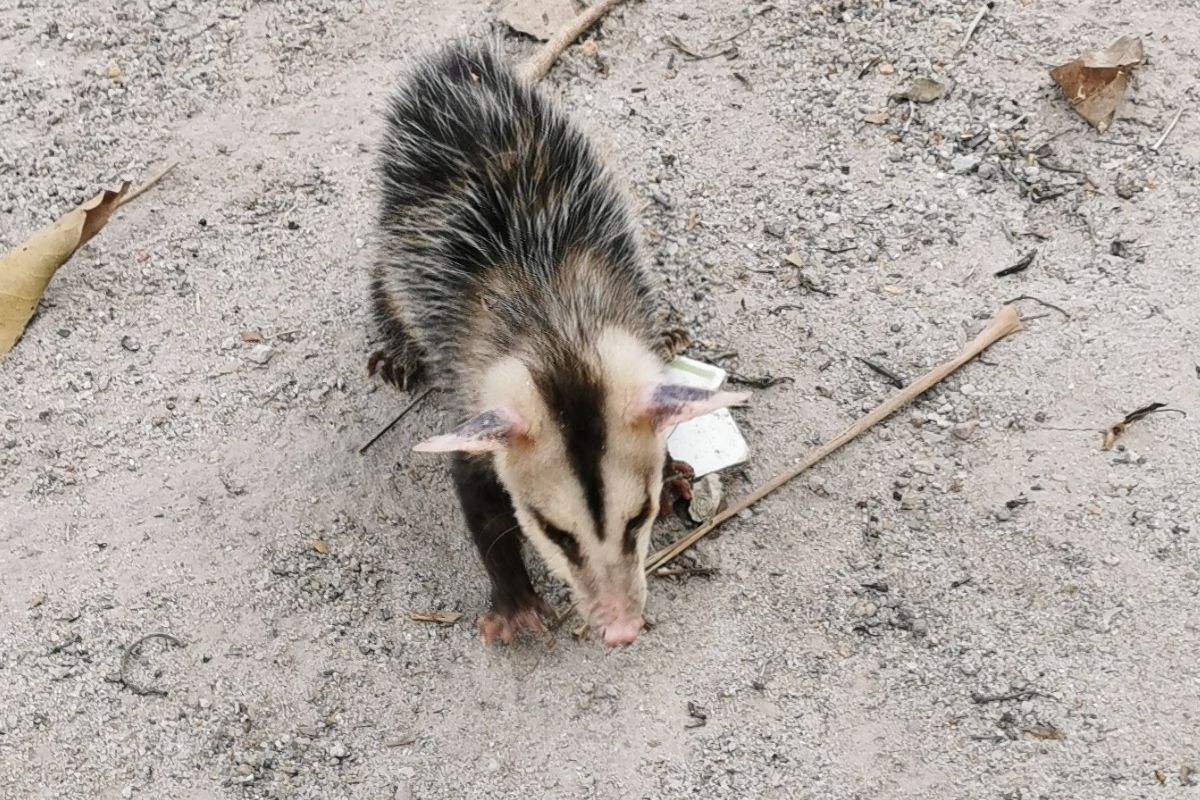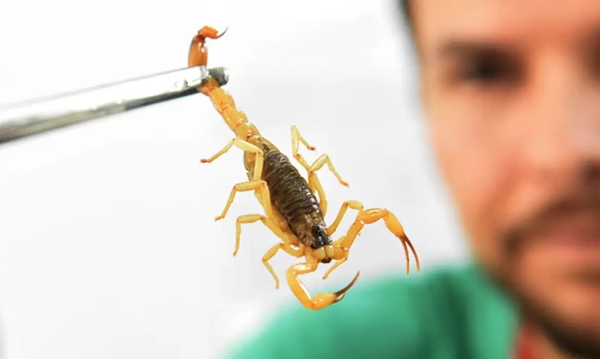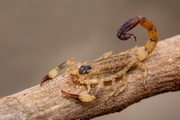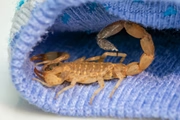Opossum is immune to scorpion venom and helps control it, says biologist

Opossums, also known as opossums or timbus, are among the few animals naturally immune to the nephrotoxic venom of scorpions . According to biologist Fabiano Soares , this unique characteristic makes them important agents of natural control of these arachnids, especially in urban areas.
"They have proteins in their blood plasma capable of neutralizing scorpion venom ," Soares emphasizes. "For them, eating a scorpion is like eating any other food. It has no effect on the body."
The coincidence of nocturnal habits between opossums and scorpions also favors predatory behavior. "While many animals avoid scorpions, opossums hunt them with ease and are capable of dealing with other dangerous prey, such as spiders and even venomous snakes," he states.

In addition to direct control, the biologist emphasizes the importance of household waste management. "When garbage is poorly disposed of, it attracts cockroaches, which in turn attract scorpions. And this same garbage can attract possums. The problem is that, when they find easy food scraps, they prefer that and hunt fewer scorpions."
In other words, keeping trash tightly closed has two benefits: it prevents the proliferation of cockroaches and scorpions and encourages possums to maintain their natural diet, helping maintain ecological balance.







The striped-legged scorpion is one of the most common in the Federal District
© Disclosure/Ministry of Health
Common in Brazil, the yellow scorpion is extremely venomous
Getty Images
They can also consume small scorpions
Disclosure/Léo Noronha/Ezequiel Dias Foundation (Funed)
Yellow scorpions are harmful to human health
Getty Images
The scorpion can hide in different places in the house
Getty ImagesOften mistaken for rats, the opossum is a marsupial, a distant relative of kangaroos, and poses no threat to humans. "They roam the trees, explore backyards at night, and we often don't even notice. But they're there, providing a valuable ecological service," the biologist concludes.
metropoles





